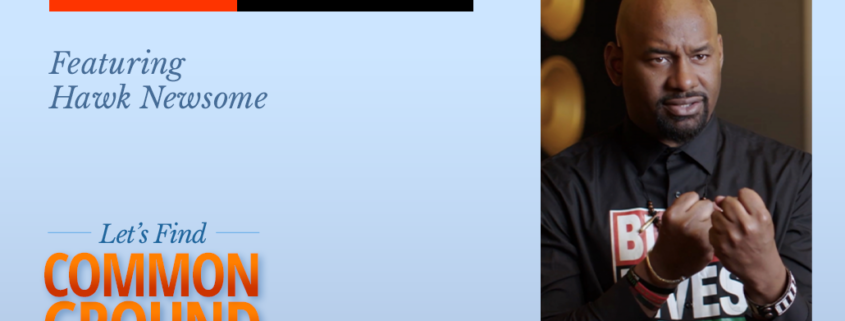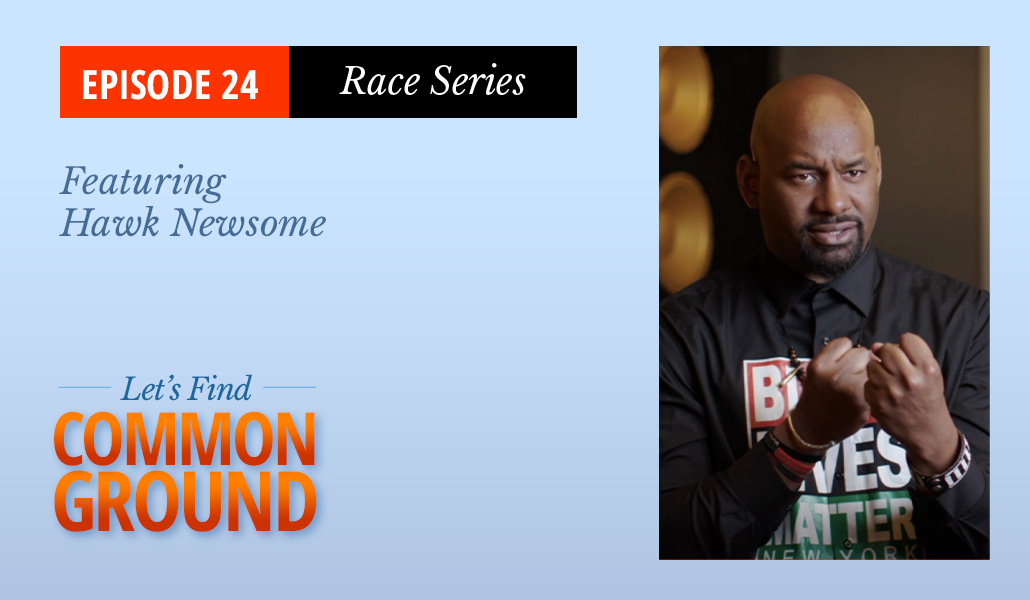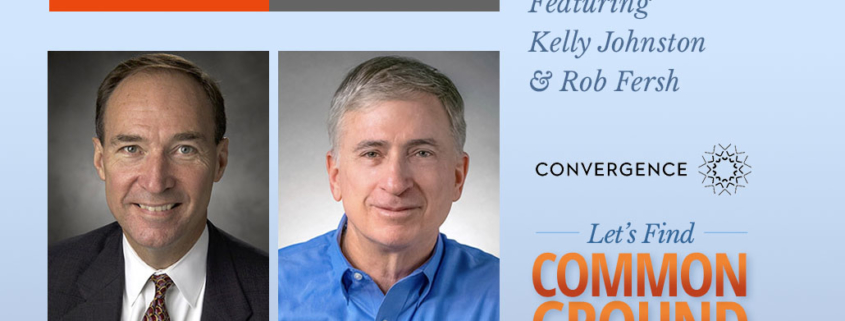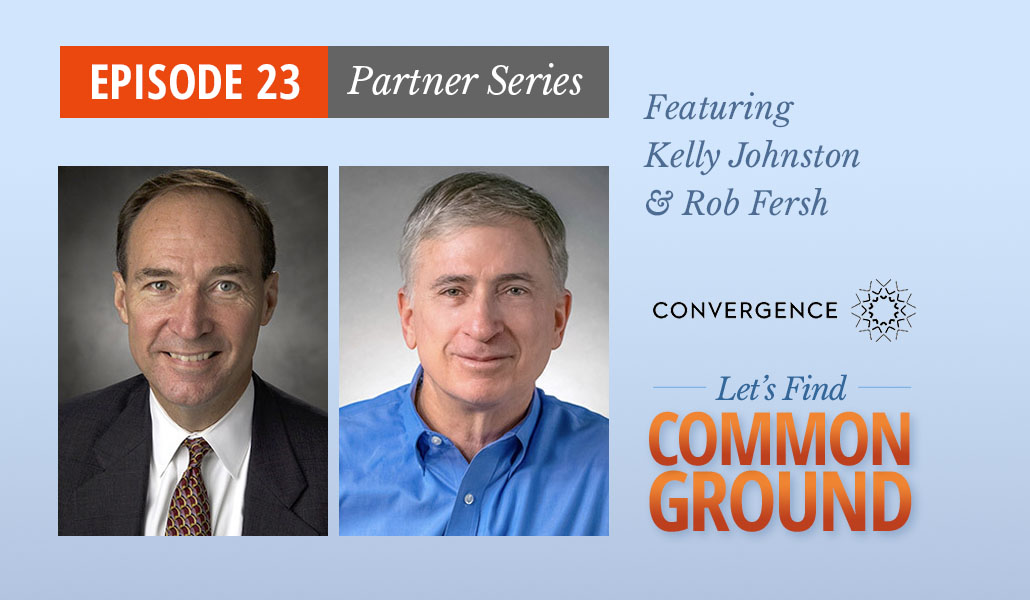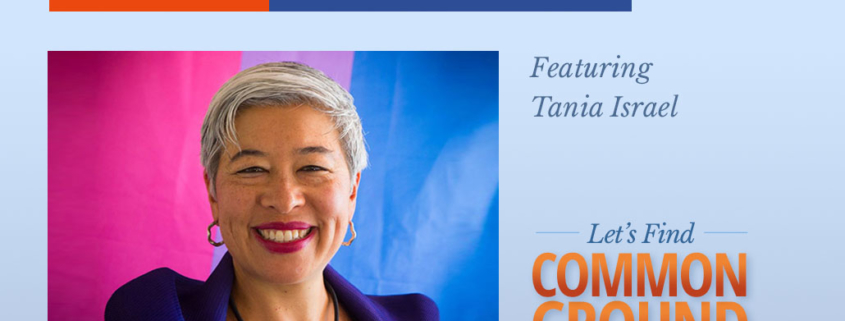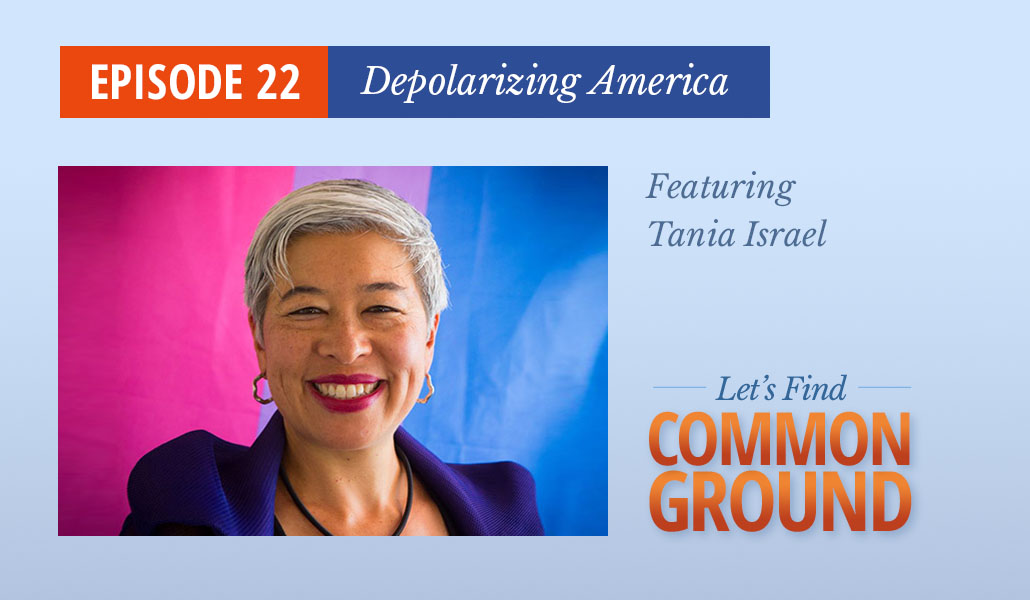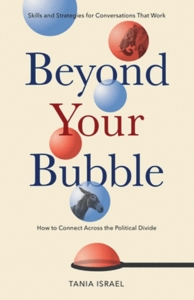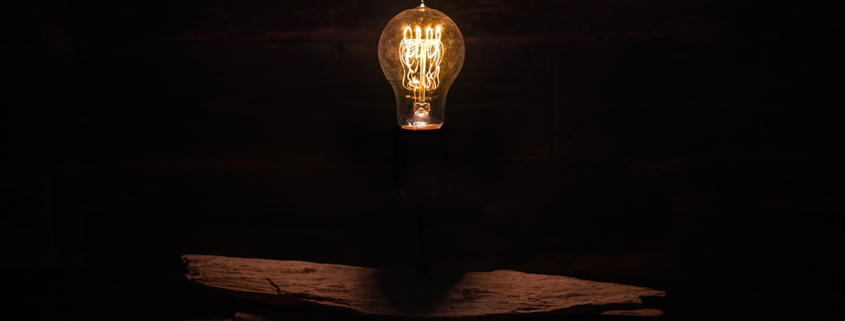Is Common Ground Committee Biased?
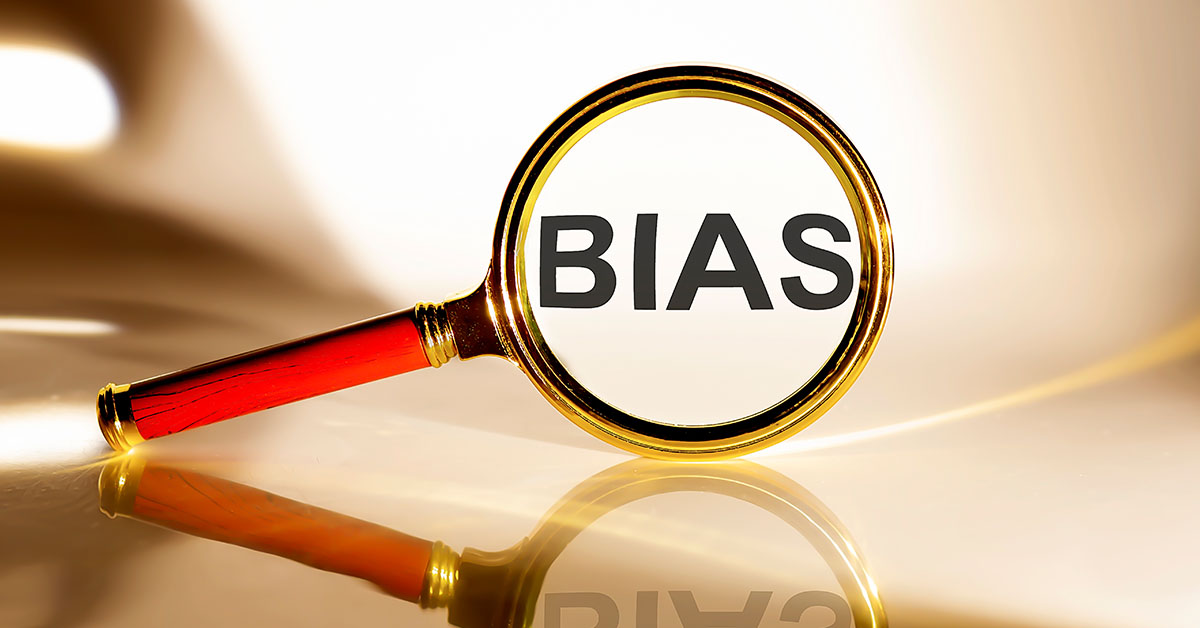
We need to talk with you about something important.
We at Common Ground Committee (CGC) have taken some heat from time to time about an issue that cuts close to home. We’re coming right out and addressing it head-on because it’s something we care deeply about and strive hard to get right.
It has been suggested that CGC appears biased toward a particular political ideology based on the type of content it presents. For an organization that is wholly dedicated to bridging the divide between left and right, committed to the importance of active listening and dealing with objective facts, it is crucial to us and to our mission that we not have a political agenda, nor that we be perceived as having one. We can say without reservation that as an organization we do not have a political agenda. We lean neither right nor left, having purposely built a board whose members span the political spectrum. But sometimes people of good faith and discerning minds perceive that we are biased in some way. We have been accused of having a conservative agenda and at other times a progressive one.
Working through Biases
Let’s consider for a minute what it means to be unbiased. As a concept, and as an organization, Common Ground Committee has no bias. It was formed expressly in the service of shared communication, in hopes that shedding light on the issues that divide us—turning it in the light like one would a gem to see from all sides—so that we can better understand one another. While there is no guarantee, understanding can lead to common ground or compromise, and finally to progress on the issue. Certainly, it can lead to increased civility.
Individuals, however, have bias. Everyone, no matter how hard they work to behave with impartiality, has a way they naturally lean, a set of beliefs that influences their perspective, the decisions they make, and the votes they cast. The most impartial of journalists have the moment where they step into the voting booth and pull the lever. But it’s how aware you are of your biases, and how you work to recognize and handle them, that makes you effective at objective discourse and achieving common ground.
Sometimes the biases slip out. In a recent podcast, former Senate Secretary Kelly Johnston, a Republican and founding board member of the Convergence Center for Policy Resolution, discussed a moment of his own “intemperance” – a message he regrets tweeting in 2018 that fanned the conspiracy flames about left-leaning financier George Soros helping immigrants bound for the U.S. border.
“I did campaign work, 35 campaigns in 25 states. That’s combat. So my instincts and my experience and my work was all about doing battle. Then, when I got into the private sector about two decades ago, Rob Fersh (a Democrat and Co-Founder of Convergence) actually inspired me to look at bridge-building as a much more productive activity. And I realized that I was part of the problem because I was busy tearing other people down and fighting on issues, and I was accomplishing really nothing to advance the ball,” he said. “And I realized, ‘You know what? I would like to really solve some of these problems.’ Do I fall off the wagon on occasion? Yes, guilty as charged. But I try to get back on, which is important.”
This sticks with us from that podcast, as it is a tremendously good point. We each have our biases and they can surface from time to time. We know we have differences because that’s why one person is a Democrat and another is a Republican.
Occasionally, we have found that something as simple as a slight difference in the choice of words — for example, the murder of George Floyd, rather than the death of George Floyd; or equality instead of equity — signals bias to readers of different parties. Such is not our intent, and we appreciate hearing your feedback on the nuances of language.
We also find that, every now and then, referencing buzzwords that are commonly used to frame issues to appeal to the values of a particular party — for example, voting access versus voting security, or immigration reform versus border security — can serve as a dog whistle in and of itself. But that shouldn’t make the topic itself taboo in our journey to reach common ground. It makes it all the more important.
Continuing to Find Common Ground
We hope we’ve shed enough light on this question of bias so that you’ll accept that we do strive very hard to keep Common Ground Committee on a track that leans neither right nor left. We know words matter. You might read a “trigger” word or phrase in our content, but we hope you’ll recognize that we use it in our effort to build the understanding that can bridge the particular divide we are discussing, not to take a position. And should that happen, we invite you to partner with us in this process of discussion and transparency, by giving us feedback so that we can continue to build Common Ground Committee’s brand as an unbiased, nonpartisan organization. Our emails are bruce.bond@commongroundcommittee.org and erik.olsen@commongroundcommittee.org.
Thank you for listening to us on this question that is so crucial to our work!




